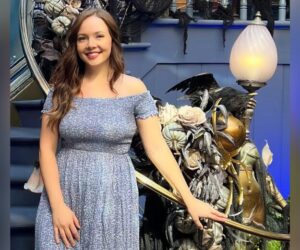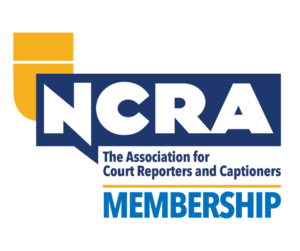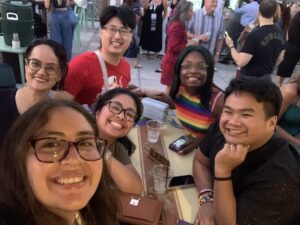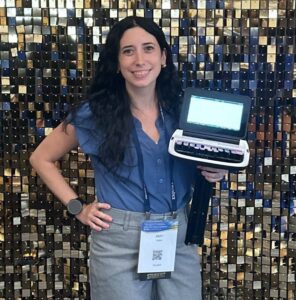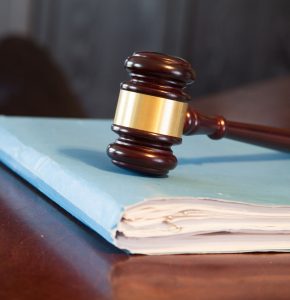
By Tricia Rosate
In California, freelancers often cover civil trials, and I’ve been reporting more trials lately. I consider myself a pretty good writer, but this pace is phenomenal. No shuffling through exhibits, no 10-minute lulls where the witness is taking their sweet time reading every page of a lengthy email exchange. This is theater.
More specifically, seeing deposition transcripts blown up on the big screen for the entire courtroom to see has really given me a new perspective. One thing I’ve learned is that it’s not necessary to capitalize things that don’t need to be (i.e., “I work in the Finance Department” vs. “I work in the finance department”). It’s distracting and looks strange. When in doubt and there’s no rule or reason to cap it, leave it alone.
Secondly, please use a proofreader. There were times in my career that I thought, “Who even reads this?” Well, one day it could be a judge, two counsel tables filled with attorneys, the clerk, bailiff, 14 jurors, the official (pro tem) reporter, and anyone observing.
On the subject of verbatim: When reporting video depositions, there is no need to include every single stutter, i.e., “It’s — it’s — it’s — it’s the third one down.” One set of dashes is just fine. All the dashes look so awful on the big screen and make it almost unreadable. I know we’re verbatim and the parties make their own record, but a little best judgment goes a long way. I guarantee that the jurors are not counting the stutters and thinking the reporter dropped the ball if they’re not all in there.
Then there’s another verbatim thing that I know has been a hot topic: the 2000s. The attorney says, “So it happened in two ten?” The reporter knows the attorney means 2010 but writes “2’10.” I’m not saying this is wrong. However, please picture it blown up on a screen in a courtroom during a trial, with 14 jurors looking at the transcript — and, yes, they do — and the attorney telling the jurors to please disregard the typo.
“But it’s not a typo! He said two ten, not 2010,” you might say. If someone doesn’t say two thousand and ten, it’s the reporter’s call on how to format it. But not one of these jurors understands or cares why the reporter formatted it that way. It looks weird and disjointed.
In somewhat the same vein, I recently Googled myself to see if there were any privacy concerns I should address, and I came across several excerpts of my transcripts posted online, which again goes to my point. People do read your transcripts! Sometimes many more people than you ever imagined!
Tricia Rosate, RDR, CRR, is a freelancer in San Diego, Calif. This article is revised from a post she wrote in the “Guardians of the Record” Facebook discussion group. Tricia Rosate can be reached at rosate.csr@gmail.com.
